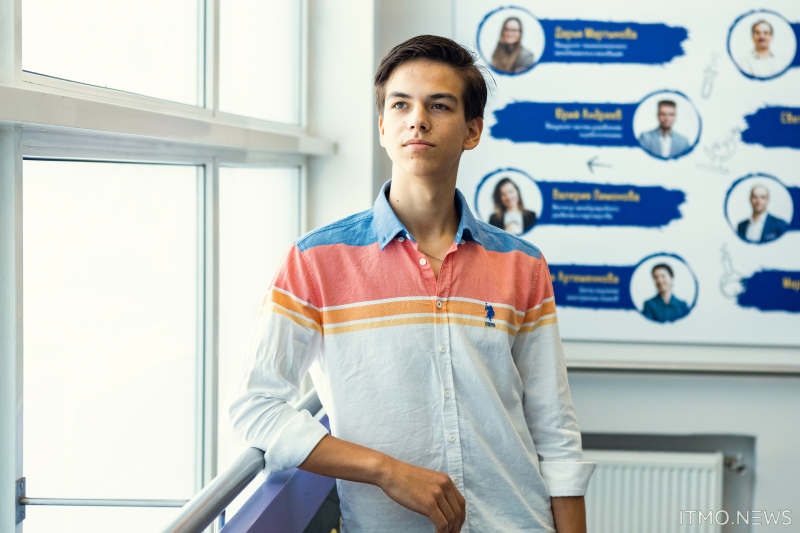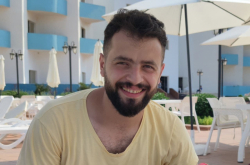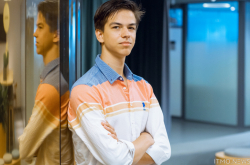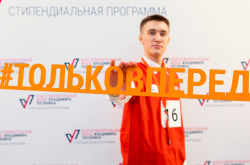The Russian Grand Prix Final took place in St. Petersburg on March 2-5. In the short program, Petr Gumennik, a professional figure skater and a first-year Bachelor’s student at ITMO’s Faculty of Software Engineering and Computer Systems, came second, with 99.69 points. In free skating, Petr also came second, with 182.43 points. Combined, the scores for both programs made him the winner of the tournament. The second place was taken by Dmitri Aliev (277.74 points) and the third – by Mark Kondratiuk (273.4 points).
“It seems like this year men’s skating attracted more supporters to the stadium. My own fans, too, have been very vocal, wishing me well and congratulating me. I have b een recognized near the university a few times – well, I rarely go anywhere else. This year, I have had a great breakthrough that was years in the making. It wasn’t a surprise, I was really counting on it. Instead of focusing on the place I might get, I was concentrating more on delivering my best performance so that I could be satisfied with myself,” shared the Grand Prix winner at the press conference following the event.
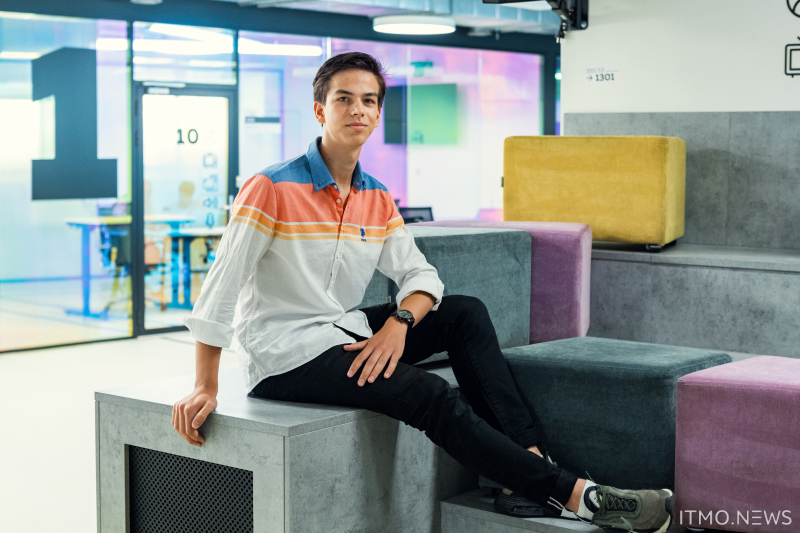
Petr Gumennik. Photo by Dmitry Grigoryev / ITMO.NEWS
We reached out to Petr to ask him about his training routine, the most challenging part of the tournament, and the support he receives at ITMO.
How did you train for the Grand Prix?
In order to prepare for the tournament, I limited my hours of studying and focused all my efforts on improving my endurance and performance. My exercise plan included both intense practice and rest, and I was also very mindful of my diet to make sure I am in my best shape. Moreover, my coach introduced new elements into my routines, so that I could adapt them to how I am feeling or to the performance of my competition. This step was especially important for an event of such a great level as the Grand Prix.
What was the biggest challenge for you at the tournament?
I would say that maintaining my focus was a great challenge. The competition was strong and I knew that I had to squeeze everything out to succeed. During the performance, I was focusing on each technical element, while at the same time doing my best to convey the image and idea of my routines. It was also important to catch that rush when your jumps get higher, your movements – swifter and more accurate. This is something that can help you “save” even an element that you started imperfectly. Overall, this was an intense tournament for me, it required peak concentration.
What helped you win?
Victory consists of several elements: consistent hard work, your ability to summon your concentration at the right moment, and luck. It will be hard to win without any one of them. This time, it was no different – my victory wasn’t clear until the very end, the competition was very tough.
Do you feel the support from ITMO?
Yes, other students congratulate me on my achievements. It’s also great that I can choose the most convenient times to attend classes in most cases, which makes it easy to combine studies and sports practice.
Are there any tricks you use to combine them?
Well, I automatically get an A in my PE classes. More seriously, though, I’d say it all comes down to time management, as well as the constant switching between activities.
What is next on your agenda?
Right now, I am training for the exhibition tournament that will take place on March 18. I will need to prepare a routine for it, which I will need to carefully think through because I will be performing alongside Olympic and World champions. I want to be on par with them.
Petr Gumennik is a silver medalist of the Russian Figure Skating Championship, a Rostelecom Cup bronze medalist, and a World Junior bronze medalist.
In his interview to ITMO.NEWS in September, he talked about his plans for combining studies with professional sports, as well as his ambitions in bioinformatics.
